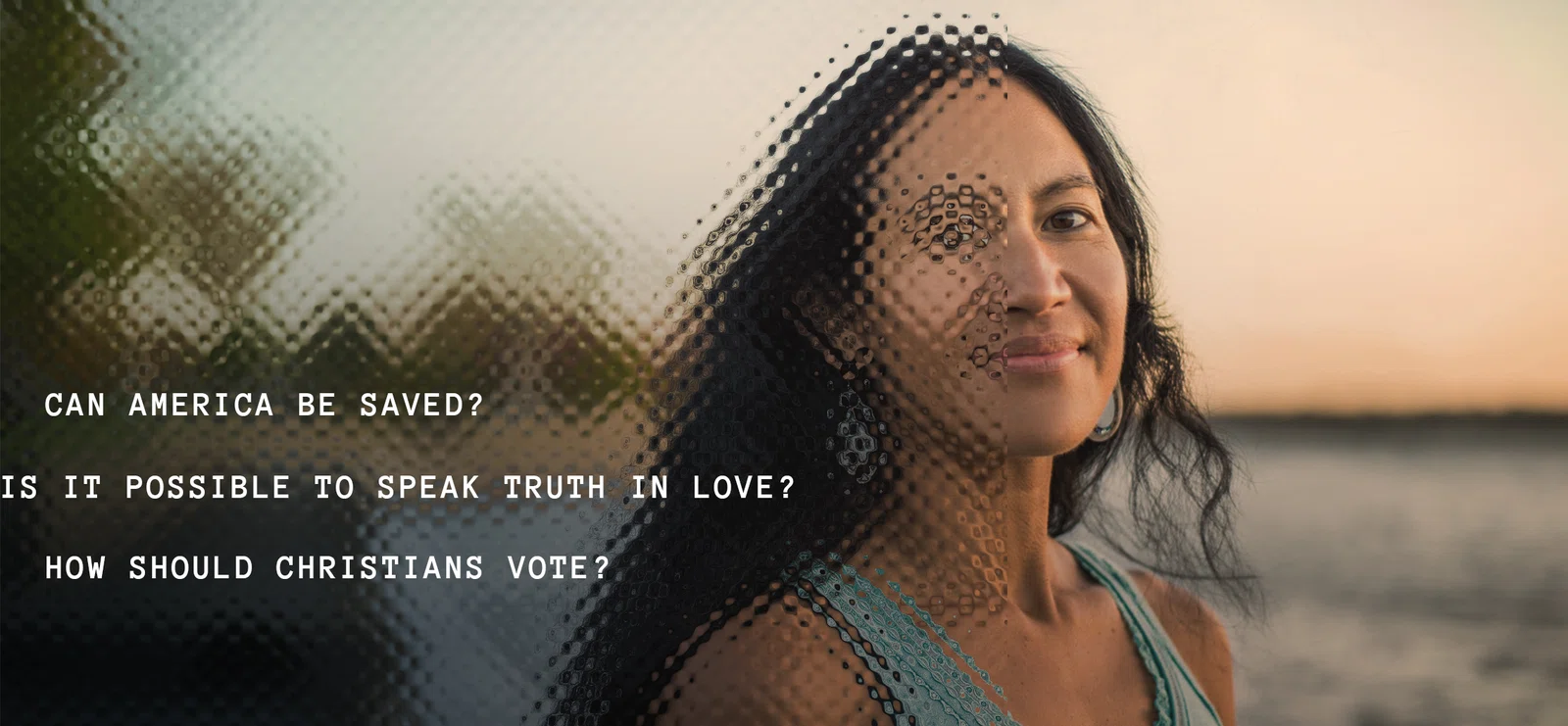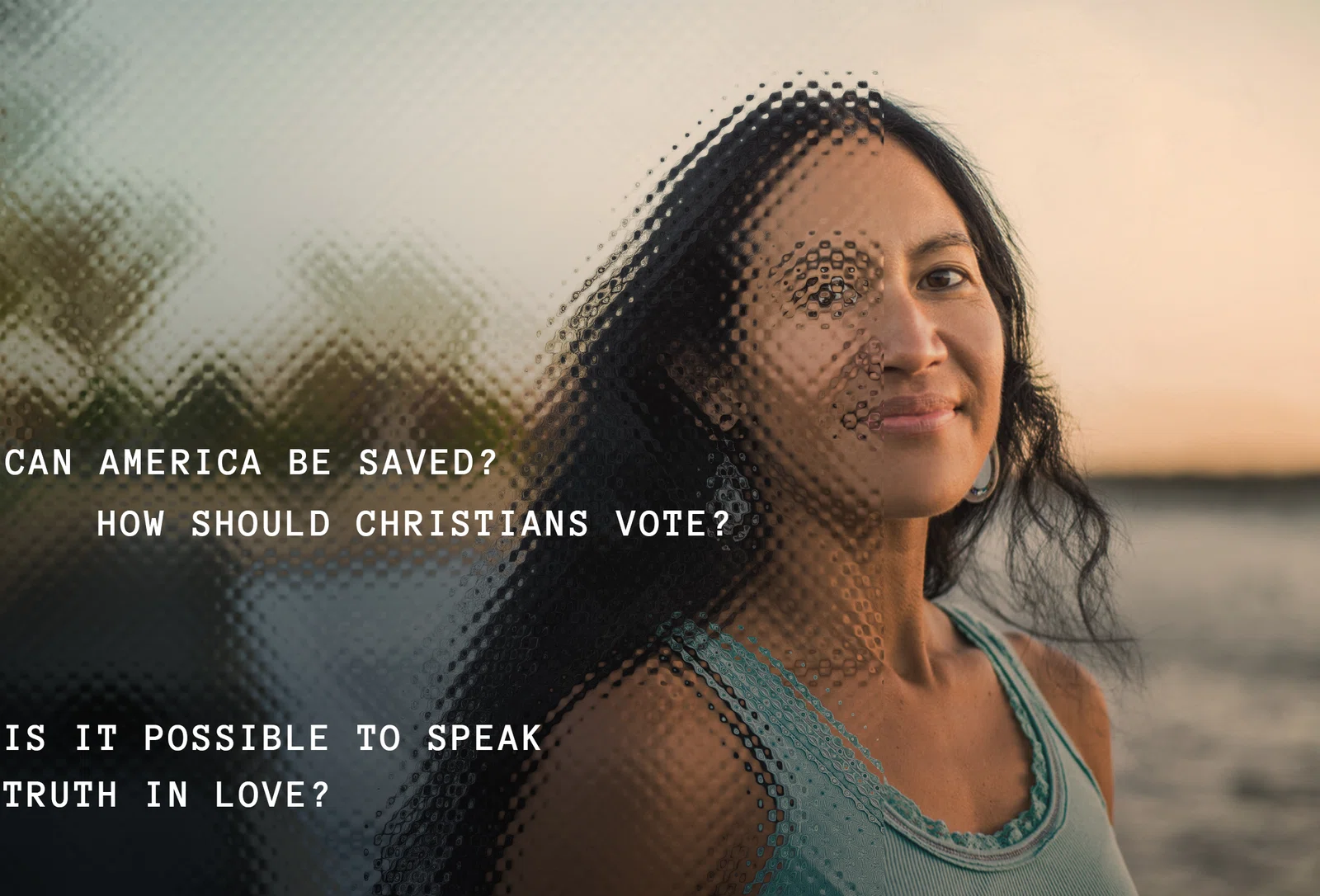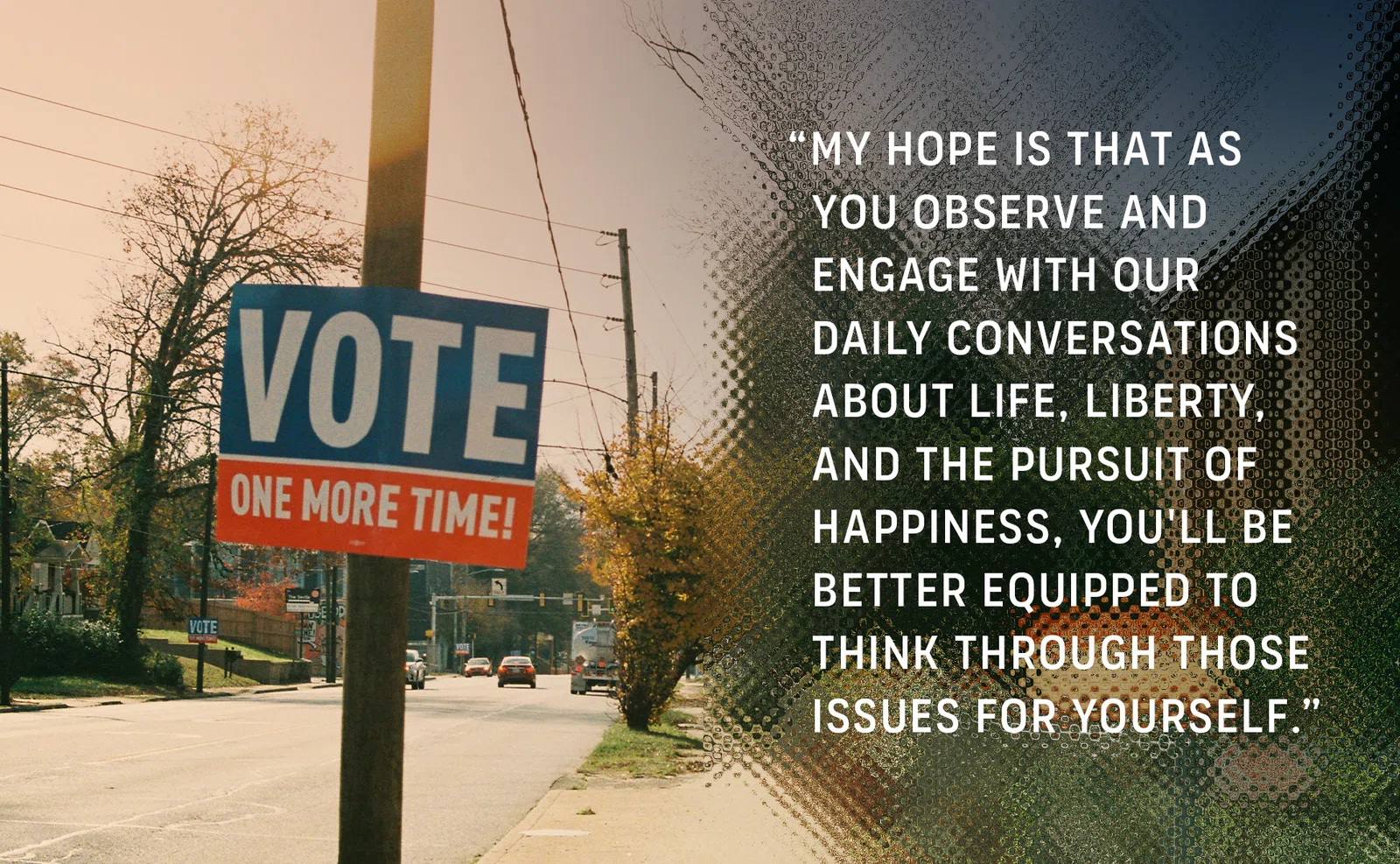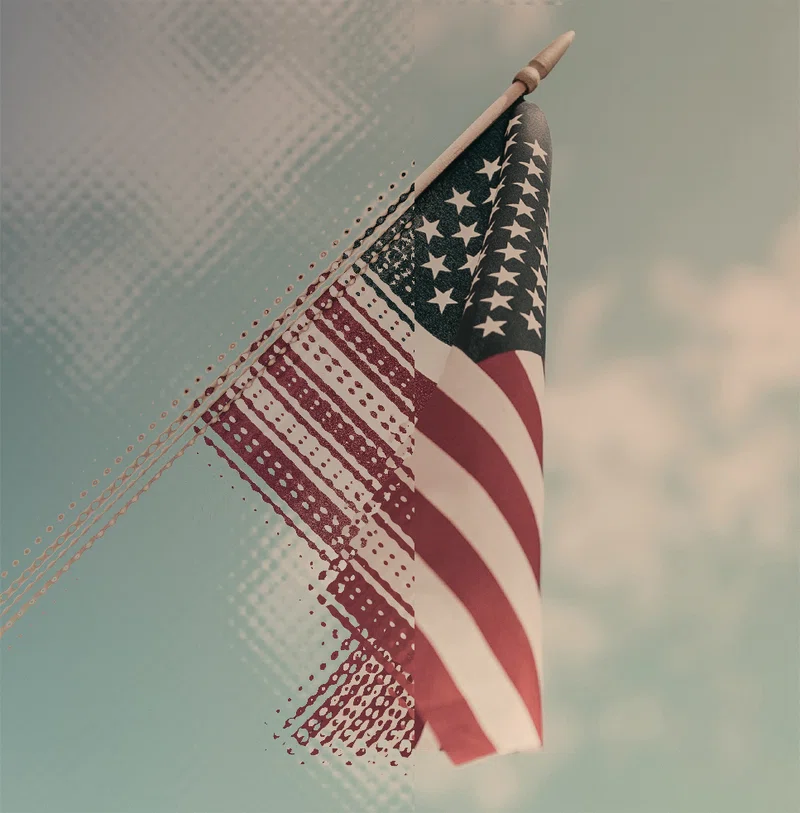

Dual Citizens
By Timothy Padgett


Why the Citizens of the City of God Should Be the Best Citizens of the City of Man
What’s At Stake in this year’s upcoming election? If you ask your favorite online pundit, apparently everything. There has rarely been a voting season so filled with apocalyptic language as what we’re seeing in 2024. But, if I’m being honest, there actually is a lot to be worried about. War is raging from the steppes of Eastern Europe to the waters of the Indian Ocean. The global economy feels one sharp downturn away from a total collapse. And basic biology is treated as a debatable topic. I know I’m not alone when I say that I’m afraid about what kind of world I’m leaving to my children.
All this stress only accentuates the tendency to see things in terms of teams. After all, I know that I can be quick to affirm that Jesus was neither a Republican nor a Democrat, but I also have to admit to having trouble imaging Him voting any differently than I do. Or, to put it another way, when we 'get political,' we think we're just being faithful. But, when somebody else does it, we write them off as being 'too partisan.'
Vote Well
Vote Well
At the Colson Center, we recognize that politics is complicated. We also know that there are a lot principles and passions involved once we start talking elections, especially when the conversation comes with a religious slant. That's one way our daily Breakpoint podcasts help to stand in the gap. We're not trying to tell you how to vote; that's for you and your conscience.
We are, however, hoping to help you think deeply and vote well. As one member of a team of committed Breakpoint writers, my hope is that as you observe and engage with our daily conversations about life, liberty, and the pursuit of happiness, you'll be better equipped to think through those issues for yourself. I hope that by listening to the connections Breakpoint commentaries make between issues like abortion and religious freedom, that our listeners and readers are more equipped to think Biblically about the things that matter.
Above all, our goal through Breakpoint is to bring hope into the darkness. Hope isn’t just optimism or wishful thinking. It’s the stark recognition that things are not the way they’re supposed to be matched with the sure confidence of the Gospel, not because of our cleverness or the purity of our politicians, but because we rest in the promise of the One Who is making all things new.

Practical Steps
Practical Steps
One of the best things we can do to practice politics better is to develop discernment. With all the intensity and drama of the world, whether real or just rhetorical, it’s easy to get into panic mode. When things are going smoothly, we are more likely to take the time to think clearly, but when things feel hectic (and when are they not hectic these days?), it’s a lot harder to have much of any perspective.
One way to do this is to be intentional about how we consume media. Social media algorithms “want” us to read more and more of the same material. It’s easier for them to advertise to us that way. However, if we only listen to likeminded people, we’ll soon develop false ideas about what they and we think. Similarly, with the mass of information thrown at us day by day, it doesn’t seem we have the time to look behind the headlines and quick summaries, but if we don’t, then we’ll be condemned to a necessarily shallow view of often highly complex issues. Finally, we all know there’s a difference between a click-bait hot take on social media and a careful analysis.
It's our hope that whether it’s a Breakpoint podcast or one of our other venues, we’ll demonstrate this kind of discernment in ways that will make it easier for you to do the same yourself.
Called to Be More Than Different
Called to Be More Than Different
When looking at the mess and moral compromise in politics, it’s also tempting to retreat and simply not get involved. Maybe we do this explicitly by just staying out of the incessant debates that range around us, or we do it quietly by taking on the role of a moderate who lives above the fray. Other times we lean towards accepting that since we’re going to get muddy no matter what we do, we might as well embrace the filth for the sake of the cause.
But this is not enough. Believers are called to be different from the world, but they’re also called to be more than different. We’re called to be better. We’re called, with Dietrich Bonhoeffer, to enter “the tempest of the living,” by getting involved in the mess of this world without becoming part of it. We’re called to love the world even as we work to undo the hateful things that it creates.
"WE'RE CALLED TO BE BETTER... WE'RE CALLED TO LOVE THE WORLD EVEN AS WE WORK TO UNDO THE HATEFUL THINGS THAT IT CREATES."
No Simple Answers
No Simple Answers
Living this out the right way is not easy. We are to live as pilgrims and exiles in a world gone mad, a world that longs for the truth and justice that only God can provide yet hates the goodness that only He can bring. At the same time, we are to love this world, to live in our place of God’s calling, fully invested in our families, communities, and nations as citizens and subjects of these lesser realms.
Our loyalty to our Heavenly Father can never be compromised by our duties to any temporal prince, politician, or party, but neither can our spiritual calling become an excuse for failing to “honor the emperor” and love our neighbors in appropriate ways.

Living as a faithful Christian in the political realm involves the delicate dance of keeping our heavenly citizenship first in our hearts before any Earthly kingdom while also living in the place of God’s calling as citizens of specific communities. It also means living in the already-but-not-yet of a world that is not as it ought to be but for which we are called to work for it to become as good as it can be.
BY TIM PADGETT
BY TIM PADGETT
Timothy D. Padgett, PhD, is the Resident Theologian at the Colson Center. His focus is on cultural engagement, living out the Christian worldview, and the way Christians argue for diverse viewpoints while sharing a common biblical foundation particularly regarding the relationship between church and state, Christ and culture, and war and peace.
